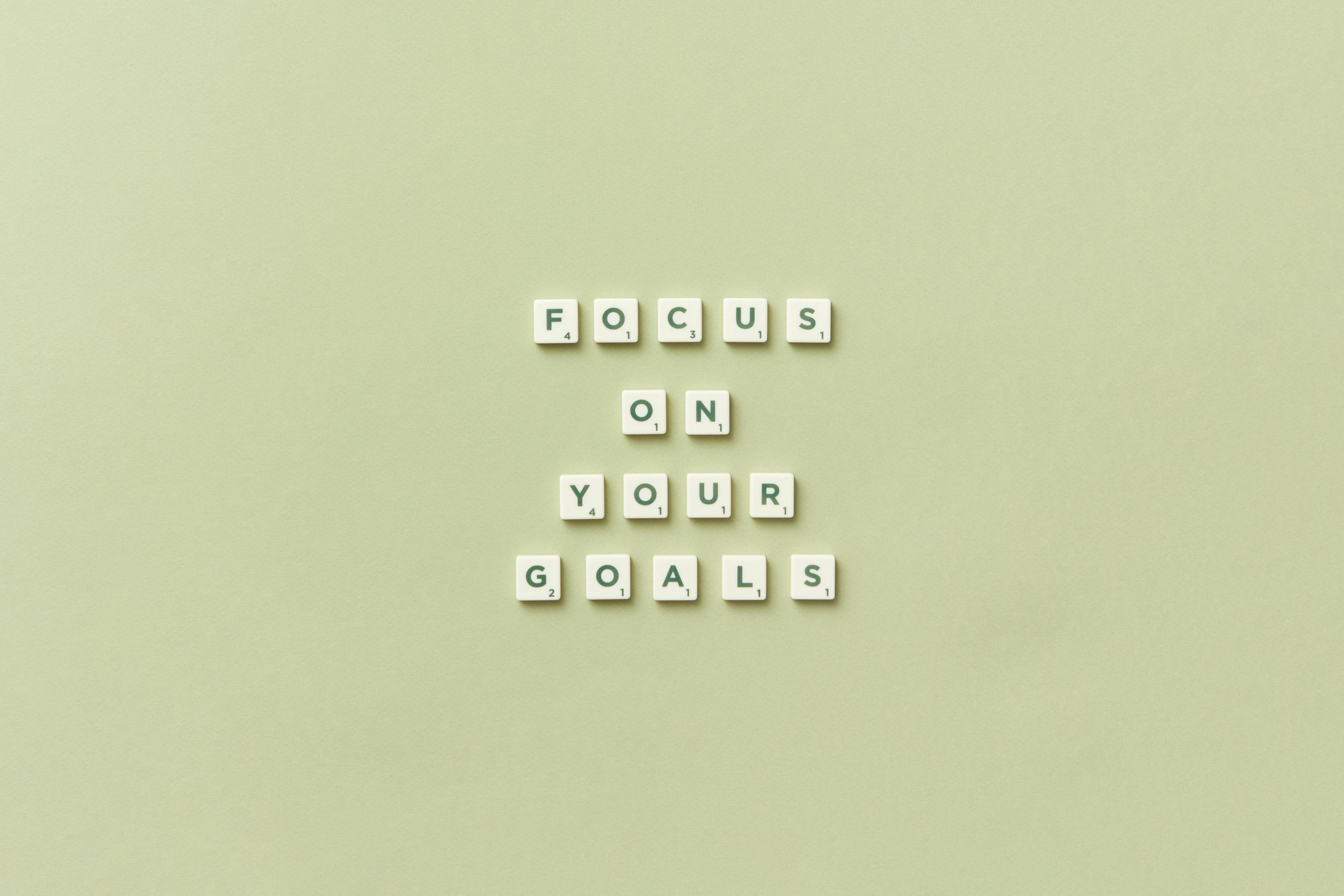Life Coaching: Is It Right for You?
Life coaching is about guiding individuals to unlock their potential, set meaningful goals, and overcome obstacles. Unlike therapy, which often focuses on healing past issues, life coaching emphasizes the present and future, helping clients build clarity, confidence, and direction. Coaches act as partners, providing support, motivation, and practical strategies to navigate personal or professional challenges.









